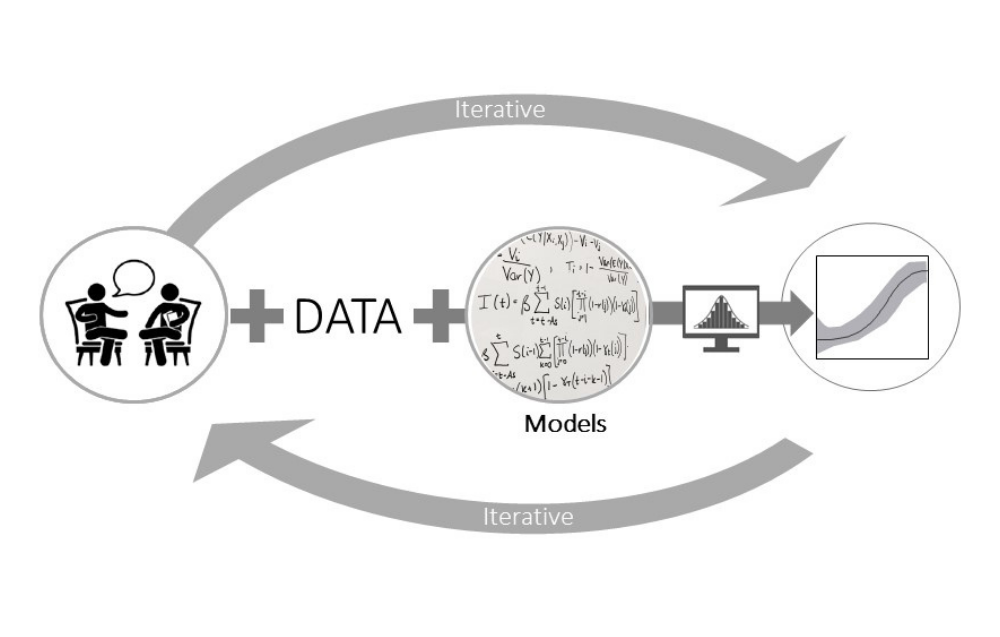Using Model-based Evidence to Optimise Medical Intervention Profiles and Disease Management Strategies for COVID-19 Control
A challenge during the COVID-19 pandemic is how to design interventions and deployment strategies to maximise potential impact. This consortium seeks to harness mathematical modelling and machine learning approaches using available information on disease dynamics and intervention characteristics. The project aims to provide model-based translational evidence to guide and optimise COVID-19 strategies for diagnostics, therapeutic interventions, disease surveillance and management.
As the pandemic continues, pressing questions remain on how best use control measures; and what types and design of medical and non-medical interventions will permit an orderly return to economic function while prioritizing public health. Evidence-based guidance is thus needed to design optimal profiles of interventions and deployment strategies for the COVID-19 pandemic.
Mathematical models of COVID-19 transmission dynamics can estimate the potential impact of interventions by utilising available evidence on disease progression, transmission, host immunity, epidemiology, and health systems. The models developed in this project will support in-silico, or virtual, population or clinical studies in computer-simulated populations to estimate impact. In turn, the team will incorporate these developed models into a machine learning and optimisation approach to understand optimal properties and deployment strategies of novel medical and non-medical interventions for COVID-19.
Overall, this project aims to provide model-based translational evidence to optimise new COVID-19 strategies, with respect to balancing between target health goals, operational considerations for delivery, and therapeutic product properties that can realistically be optimised.

Modelling support is an iterative process that uses available data to generate predictions for decision making. Mathematical modelling can help with the prioritisation and investment in novel medical tools for COVID-19. Visual: Melissa Penny
Watch a webinar by Prof Penny and Prof Regoes about the consortium's research.
Additional Information
- The research is part of the BRCCH Fast Track Call for COVID-19 Research.
- The consortium is led by investigators Prof Melissa Penny, Dr Nakul Chitnis and Prof Roland Regoes. The lead developer and modeller is Dr Andrew Shattock.
- Additional consortium team members are Judith Bouman, Dr Sarah Kadelka, Dr Epke Le Rutte, Dr Sherrie Kelly and Dr Robert Dünner.

